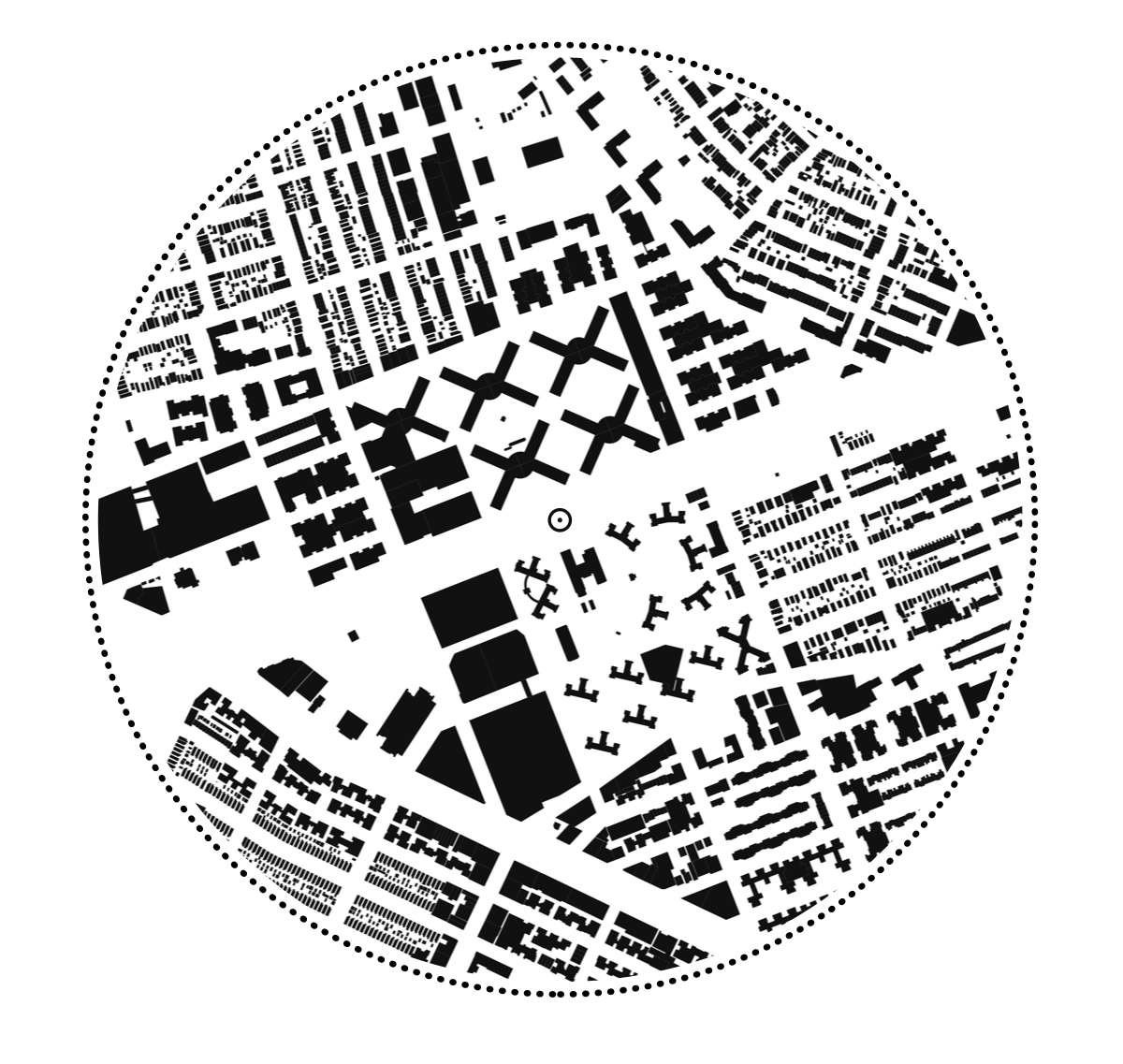
01 Reading as Urban Insight
02 Rethinking Urban Critique
03 Defining the Urban Question
04 Cities or Networks?
05 Planetary Computation and Its Role
06 Environmental and Social Repercussions
07 Towards a Planetary Framework
01 Reading as Urban Insight
In a rapidly urbanizing world, the ability to read critically across diverse mediums—both digital and print—serves as an indispensable tool for interpreting the complexities of urban theory. Techniques like HYPERREADING, which facilitates navigation through vast digital information, and CLOSE READING, which emphasizes deep textual analysis, are crucial for decoding the nuanced socio-spatial interactions shaping contemporary urban landscapes.
02 Rethinking Urban Critique
Urban theory today extends beyond analyzing physical cities to addressing global spatial transformations. CRITICAL URBAN THEORY, once grounded in the critique of localized urban injustices, now interrogates how socio-economic power dynamics manifest globally. This evolution demands a more reflexive approach to urban studies, acknowledging the ideological forces embedded within urban planning and policy frameworks.
03 Defining the Urban Question
The concept of PLANETARY URBANIZATION challenges the traditional urban-rural binary, positing that urban processes now permeate every aspect of geographic and social existence. This shift underscores the necessity of examining how urbanization redefines spaces, transforming natural environments and peripheral regions into integral components of global urban systems.
04 Cities or Networks?
Modern urbanization dismantles the classical notion of the city as a bounded entity, emphasizing URBAN AGGLOMERATION and RE-TERRITORIALIZATION as pivotal forces. Urban spaces now form vast, interconnected networks that transcend national and regional boundaries, exemplifying the emergence of polynucleated metropolitan regions as a dominant urban form.
05 Planetary Computation and Its Role
The advent of PLANETARY-SCALE COMPUTATION introduces a new dimension to urban analysis. These technologies, functioning as a distributed cognitive layer, enable comprehensive mapping and modeling of urban processes, addressing challenges like resource allocation, climate change, and socio-spatial inequality. Their capacity to reveal hidden patterns empowers policymakers to envision transformative urban futures.
06 Environmental and Social Repercussions
Urban expansion exacerbates the METABOLIC RIFT, disrupting ecosystems and intensifying socio-environmental inequalities. Furthermore, the DISSOLUTION OF THE HINTERLAND reflects how urbanization absorbs natural landscapes into its socio-economic fabric, raising pressing questions about the sustainability of growth-driven urban models.
07 Towards a Planetary Framework
The concept of PLANETARITY advocates for a holistic perspective, emphasizing interconnectedness across ecological, technological, and social dimensions. By integrating these elements, urban theory can transcend narrow, city-centric frameworks to address the global challenges of the 21st century, fostering resilient and equitable urban systems.
Keywords
- HYPERREADING: A method of digital reading that enhances the navigation of vast informational landscapes.
- CLOSE READING: A meticulous analytical approach for extracting nuanced insights from texts.
- CRITICAL URBAN THEORY: A framework that critiques socio-economic power structures within urban systems.
- PLANETARY URBANIZATION: The pervasive influence of urban processes on all geographic spaces.
- URBAN AGGLOMERATION: The clustering of urban areas into interconnected regional networks.
- RE-TERRITORIALIZATION: The redistribution and expansion of urban processes beyond traditional centers.
- PLANETARY-SCALE COMPUTATION: Advanced computational systems that analyze and address global urban challenges.
- METABOLIC RIFT: Ecological imbalance caused by unsustainable urban practices.
- DISSOLUTION OF THE HINTERLAND: The absorption of rural and natural areas into urban systems.
- PLANETARITY: A global perspective integrating ecological, technological, and social systems.
- SPATIAL TRANSFORMATIONS: Changes in geographic spaces driven by urban processes.
- EQUITABLE SYSTEMS: Urban frameworks designed to address inequality and ensure fairness

